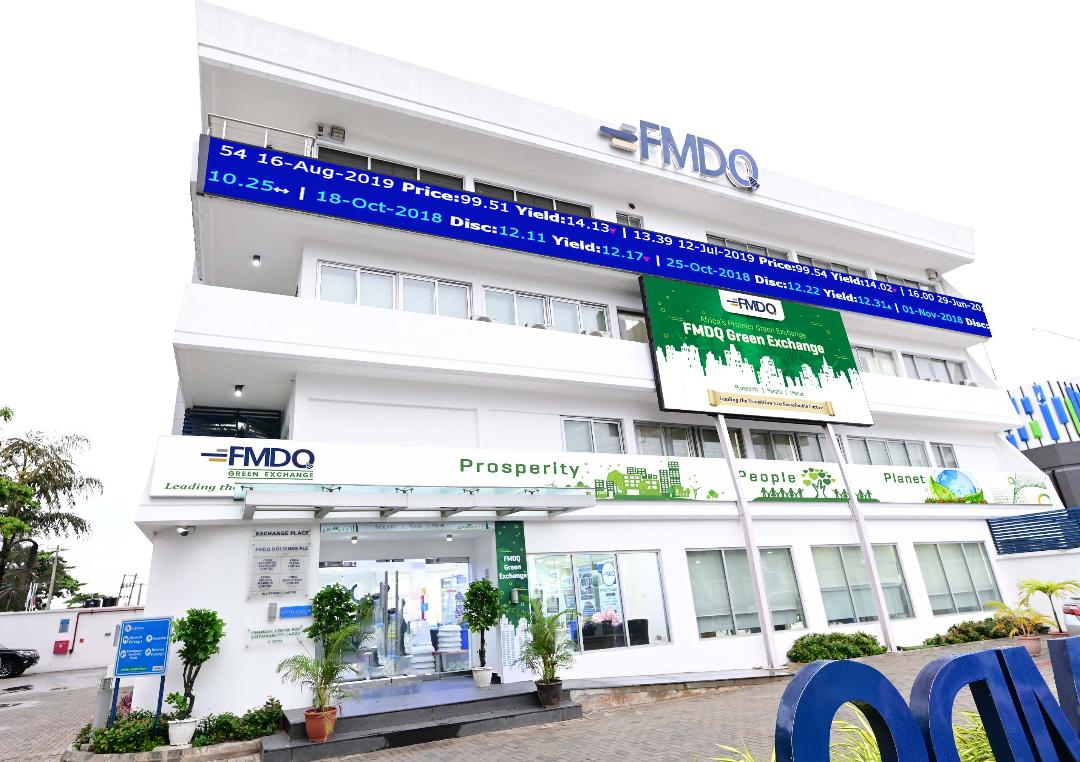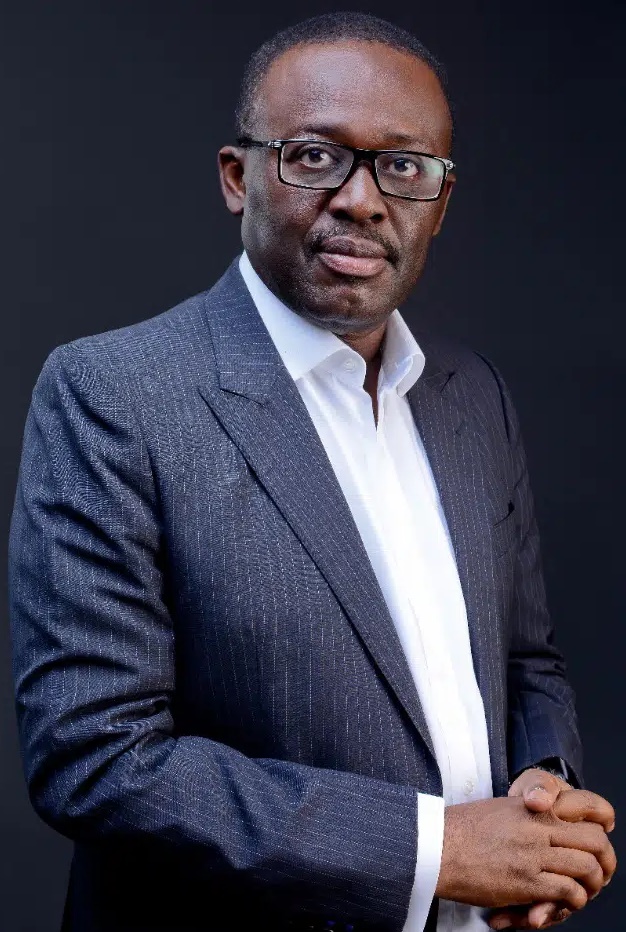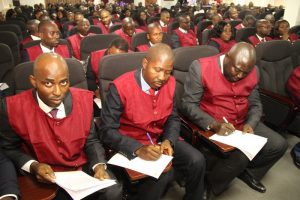
By Victor Ogiemwonyi
Marketconversations.substack.com
In 2010 when Asset Management Corporation of Nigeria (AMCON) was being established, I recall writing an article in support of its creation, but had argued that a seven-year lifespan was sufficient time to resolve the identified thorny issues and get out of the scene.
I remember also warning at the time that we must be careful not to create another parastatal out of the corporation.
When eventually a 10-year time-frame was agreed, stakeholders had hoped it was good enough time.
Looking back now, what we feared happened and AMCON has actually now become a parastatal… 15 years later, it now has 600 employees, owes the Central Bank of Nigeria a whopping N7trn, and is struggling with over 10,000 law suits.
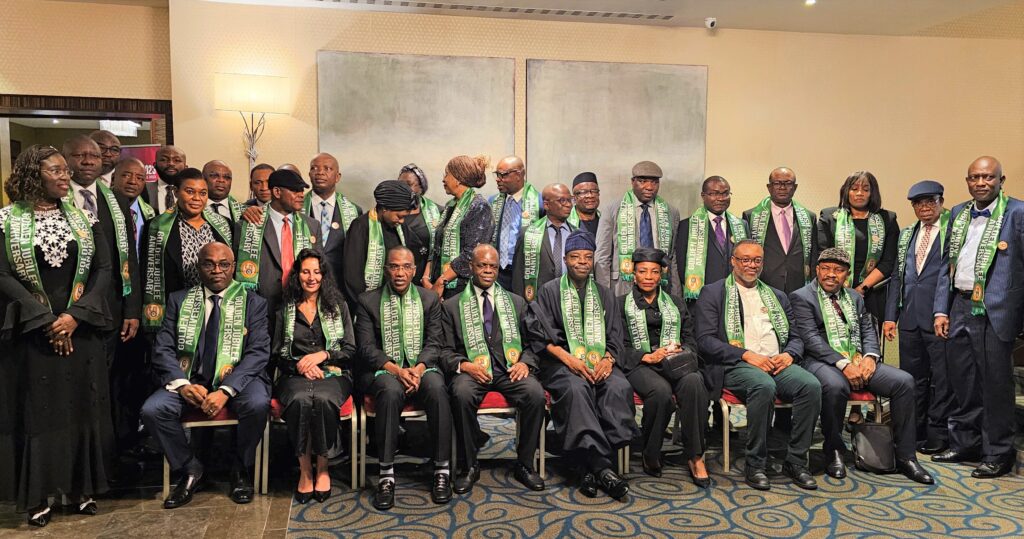
Caption: The management of AMCON at one of its workshops for Nigerian high court judges held in London in 2023
The reason for these is because its original resolution status was altered… with its mandate to manage businesses and the fuzzy maths… it created along the way.
AMCON became a leasing company…. leasing Tank Farms, and became a real estate company managing properties… it even got into managing airlines, all of which it had no business in.
Arik Airlines, for instance, was a heavily indebted company but was operating, taking in cash … its debt was not an eligible asset for AMCON to acquire…. From the testimony of a witness in a lawsuit the Economic & Financial Crimes Commission (EFCC) filed, it became evident that Arik had exposure to a foreign bank in the form of facilities secured with a guarantee from Union Bank of Nigeria.
Instead of letting Union Bank pay for its reckless risk taking, AMCON mysteriously took on the debt to save the foreign bank and Union Bank by taking on Arik Air’s debt as an eligible asset which it was not. This triggered all the other loans from other banks into an immediate repayable debt, crystallising into debts AMCON now manage.
Consequently, Arik was no longer able to secure credit lines once it became an AMCON baby, which is the genesis of the corporation becoming a receiver manager, a role it no expertise of any kind. We know what happened thereafter… EFCC is currently prosecuting some of those involved in this magical management….
AMCON also created a fuzzy maths situation when it bought a bank loan with a book value of say N100m for N60m but with maybe collateral worth N50m underlying it.
Here is the challenge, or call it puzzle: The management of AMCON recreated it in its books as an asset worth N100m, and started charging interest in that amount even when it ought to know that most banks already proactively inflated the original asset they sold at a discount. Yet, in its books it continued to book funny interest charges and fees on a phantom N100m, expecting the same defaulter who assets had been taken over to service and repay the loan.
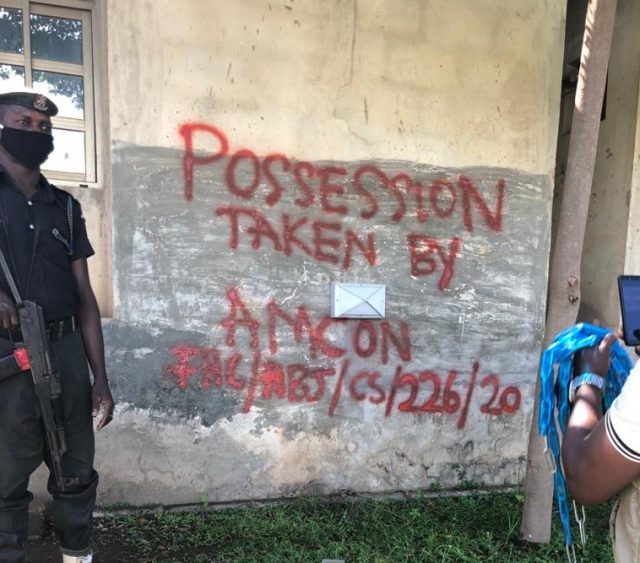
As such, instead of AMCON selling off this loan with the underlying collateral and collecting its N60m plus whatever it is able to get afterwards, just cleaning its books and moving on, it became the new lender, holding on to the facilities and charging interests. This was how the corporation acquired its perpetual life…
However, one cannot entirely blame the corporation, after all, it receives almost N1tr being 0.5% of bank balance sheets injected into the sinking fund yearly to feed its bloated personnel structure and operation that has gradually become more complex. These officials receive fat salaries and allowances, following which there is just no incentive to resolve and close shop as early as possible.
Every other Resolution entity like AMCON across the world, whether in the U.S or Sweden. have all concluded their clean up and closed shop, while Nigeria’s AMCON is still waxing strong 15 years later, replacing Executive Management, with each team struggling to outdo the previous in activities in an attempt to show how hard it is working to achieve the mandate of recovering the humongous tax payers’ money in what is today more of motion and very little movement.
Victor Ogiemwonyi is a retired Investment Banker and writes from Ikoyi, Lagos











